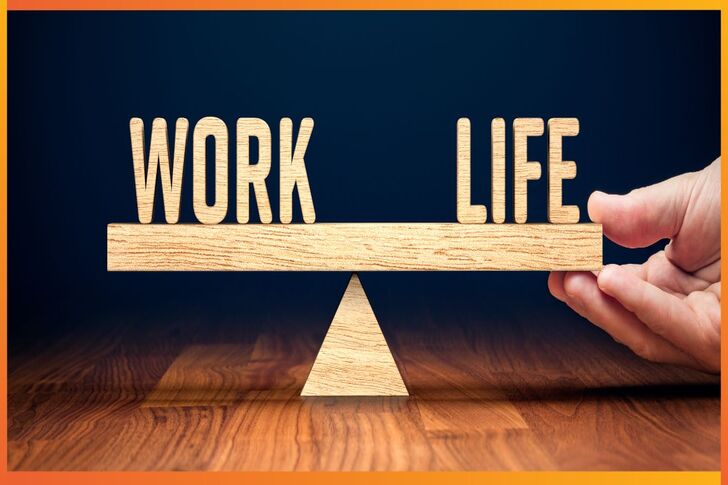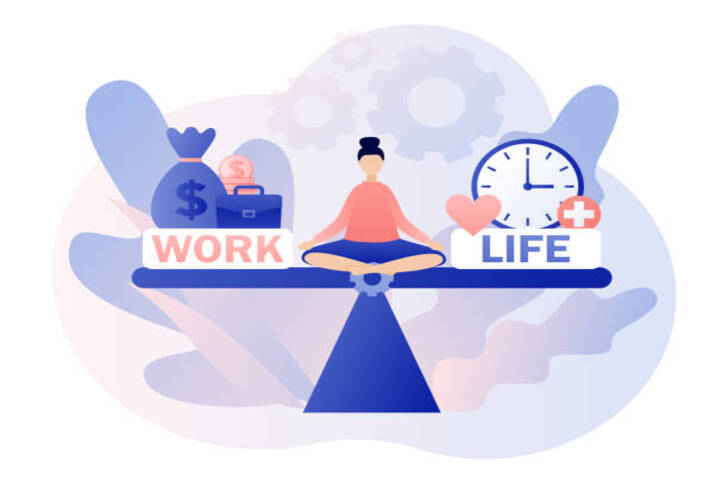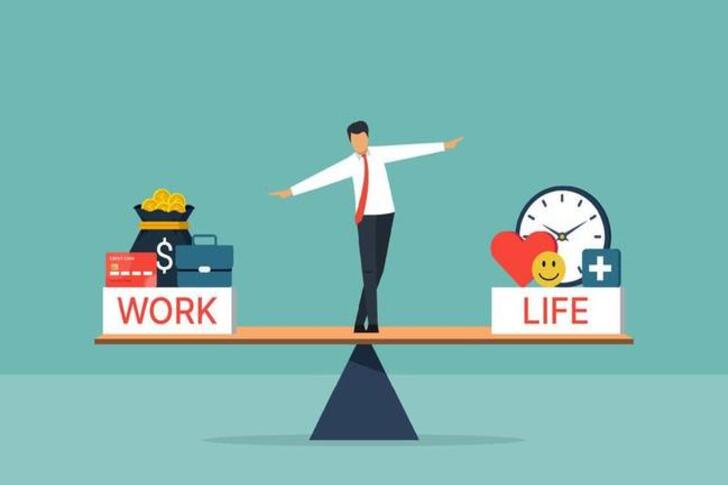Achieving Work-Life Balance: Strategies for a Healthier Life
Maintaining a healthy work-life balance is crucial for overall well-being and productivity. Balancing professional responsibilities with personal time can reduce stress, prevent burnout, and improve both mental and physical health. This article explores various strategies and tools that can help individuals achieve a better work-life balance. Whether through flexible work arrangements, time management techniques, or self-care practices, these options provide valuable insights into creating a harmonious and fulfilling life.
1Time Management Techniques
0 votes

Effective time management is essential for balancing work and personal life. Techniques such as prioritizing tasks, setting boundaries, and using productivity tools can help individuals make the most of their time. Prioritizing involves identifying the most important tasks and focusing on them first, ensuring that critical responsibilities are addressed. Setting boundaries, such as designated work hours and personal time, helps prevent work from encroaching on personal life. Productivity tools like calendars, to-do lists, and project management software can help organize tasks and deadlines, making it easier to stay on track. By implementing these time management strategies, individuals can achieve a more balanced and fulfilling life.
0
Do you agree? 0% of people agree with your point of view!
2Self-Care Practices
0 votes

Self-care is a crucial component of maintaining a healthy work-life balance. Engaging in activities that promote physical, mental, and emotional well-being can help reduce stress and prevent burnout. Physical self-care includes regular exercise, adequate sleep, and a balanced diet, all of which contribute to overall health. Mental and emotional self-care can involve practices such as mindfulness, meditation, and pursuing hobbies that bring joy and relaxation. Setting aside time for self-care, whether through daily routines or periodic retreats, is essential for replenishing energy and maintaining resilience in the face of work demands. Prioritizing self-care leads to improved productivity, better relationships, and a more satisfying life overall.
0
Do you agree? 0% of people agree with your point of view!
3Flexible Work Arrangements
0 votes

Flexible work arrangements, such as remote work, flextime, and compressed workweeks, have become increasingly popular in today’s work environment. These arrangements allow employees to better manage their work and personal responsibilities. Remote work eliminates the need for commuting, providing more time for family, hobbies, and self-care. Flextime allows employees to choose their start and end times within a given range, accommodating personal needs such as childcare or education. Compressed workweeks enable employees to work longer hours over fewer days, offering extended periods of time off. These flexible options can lead to increased job satisfaction, improved productivity, and a better balance between professional and personal life.
0
Do you agree? 0% of people agree with your point of view!
4Setting Realistic Goals
0 votes

Setting realistic goals is vital for maintaining a healthy work-life balance. Unrealistic expectations can lead to overcommitment, stress, and burnout. By setting achievable and specific goals, individuals can manage their time and energy more effectively. This involves breaking down larger objectives into manageable tasks and setting deadlines that are both challenging and attainable. Regularly reviewing and adjusting goals ensures they remain relevant and aligned with personal and professional priorities. Clear and realistic goal-setting helps individuals stay focused, motivated, and balanced, ultimately leading to greater satisfaction and success in both work and life.
0
Do you agree? 0% of people agree with your point of view!
5Delegation and Outsourcing
0 votes

Delegation and outsourcing are effective strategies for managing workload and achieving work-life balance. Delegating tasks to team members or colleagues can free up time for more critical responsibilities or personal activities. It also empowers others by providing opportunities for growth and development. Outsourcing non-core tasks, such as administrative work, IT support, or housekeeping, can further alleviate the burden of managing multiple responsibilities. By leveraging external resources, individuals can focus on high-priority tasks and reduce stress. Effective delegation and outsourcing require clear communication and trust, but when done correctly, they can significantly enhance productivity and work-life balance.
0
Do you agree? 0% of people agree with your point of view!
6Building a Support Network
0 votes

A strong support network is essential for achieving work-life balance. Family, friends, colleagues, and mentors can provide emotional support, advice, and practical assistance. Building a support network involves fostering relationships that are mutually beneficial and based on trust and respect. Open communication with loved ones about work demands and personal needs can help create a more understanding and supportive environment. Professional networks, including workplace groups and industry associations, offer opportunities for networking, mentorship, and career development. By cultivating a robust support network, individuals can navigate the challenges of balancing work and personal life more effectively and with greater resilience.
0
Do you agree? 0% of people agree with your point of view!







Recent Comments